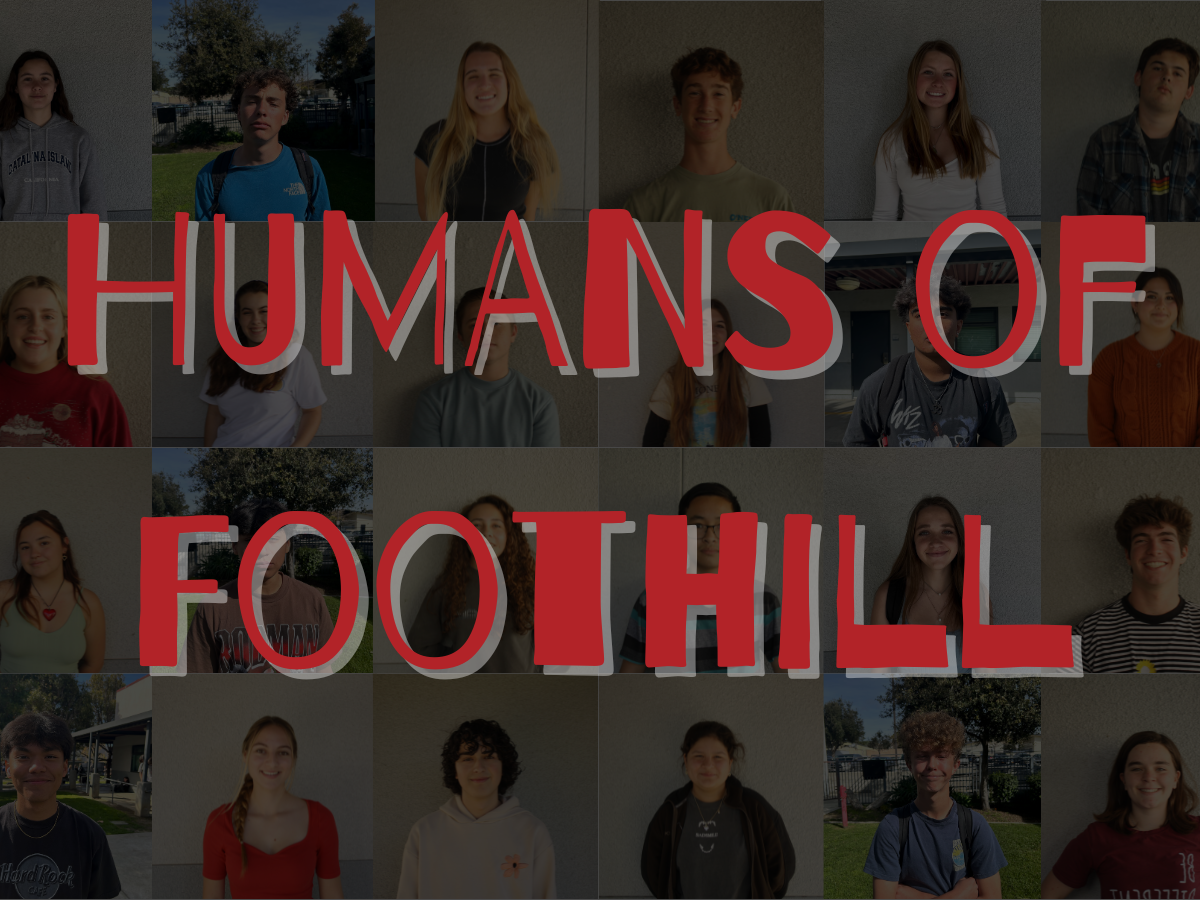
All throughout high school, students are taught the “formula” for getting into their dream school: good grades, challenging classes, extracurriculars, community service, stellar essays and test scores. But another less-advertised factor is starting to play more of a role: a student’s digital footprint.
In recent years, many schools across the United States have begun googling their applicants. Kaplan Test Prep’s survey – released in fall of 2012 – found that the number of schools doing this has risen to 20 percent of colleges, 27 percent of business schools, and 41 percent of law schools.
“What you’re doing online paints a picture of who you are,” said vice principal Carlos Cohen. “Your thoughts, your actions, your values…it’s almost like your resume, in a way.”
A resume that students may not realize they’re creating. Most teenagers use social networking sites, and some do so without considering that what they post could someday be seen by potential colleges or employers.
“I make sure I post appropriate things, so if it does happen, it won’t affect their [colleges’] view of me,” senior David Greig said. “But I don’t think everyone thinks about that.”
Junior Madeline Cook said she decided to delete her old Facebook account because people she vaguely knew were posting things on her Facebook wall she didn’t consider appropriate.
“Now I’ve made a new account and I have like 12 friends. I use a lot of discretion,” she said. “Once it’s out there, everyone knows what you’re doing. It’s kind of creepy, actually.”
Senior Dana Adair was surprised when she found out that colleges could be looking at her digital footprint.
After thinking about it for a moment, she said, “I think [my Facebook] is fine. There’s nothing offensive there. But it would definitely be to our advantage to know [that it could be searched].” {sidebar id=68}
While many students, like Adair, maintain a clean digital identity whether or not they realize it can be searched, for others, that may not be the case.
There have been several cases of this that have received a lot of attention in the past year. During the 2012 London Olympics, a Greek Athlete was disqualified from the games after posting a racist Tweet. And following the election in November, a few teens from around the country posted racist slurs and comments about President Barrack Obama on their Twitter accounts. Some of these tweets were published by Jezebel with the students’ names, leading to a great deal of controversy and immortalizing the students’ remarks online.
It is not only extreme posts, like racist remarks, that can hurt a student’s chance at getting into a school. According to the survey conducted by Kaplan Test Prep, offenses cited by colleges included “essay plagiarism, vulgarities in blogs, alcohol consumption in photos, things that made them ‘wonder,’ and ‘illegal activities’.”
“When [colleges are] evaluating and looking for the best candidate for their school, they’re looking for character. They want someone with integrity and good judgment, and Facebook can be pretty enlightening,” Career and Multimedia Specialist Linda Kapala said.
So should schools be allowed to Google students at all?
Some think they shouldn’t, but senior David Greig considers it fair.
“It’s good, just so they know who the real person is instead of just the resume or the physical essay you turned in,” he said.
Junior Alexis Malcolm agrees.
“We do so much online now, it’s a good way to see how a person is acting and how they represent themselves,” she said.
“Colleges should be allowed to [Google applicants] and people should be allowed to post what they want,” Cohen said. “Just keep in mind when you’re going to post something, ask yourself, ‘Is this something that a future employer, school, [or] mate might read?’”







